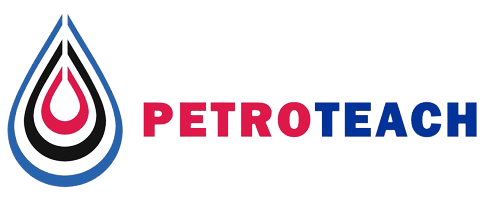DAT 602
A Practical Introduction of Non-Linear Geostatistics for Petroleum Reservoirs
This is a hands-on course to develop skills in the application of non-linear geostatistics to petroleum problems.


This is a hands-on course to develop skills in the application of non-linear geostatistics to petroleum problems.

| Code | Date | Location | price (€)* |
|---|---|---|---|
| DAT 602 | 15 - 16 May 2025 | Online | 1590 |
| DAT 602 | 15 - 17 Apr 2025 | Paris | 2990 |
* Prices are subject to VAT and local terms. Ph.D. students, groups (≥ 3 persons) and early bird registrants (8 weeks in advance) are entitled to a DISCOUNT!
This is a hands-on course to develop skills in the application of non-linear geostatistics to petroleum problems. The suitability of conventional geostatistics techniques to the characterisation of petroleum reservoirs will be discussed. Tools will be developed by the participants to check that spatial datasets meet the assumptions required for kriging-based geostatistics. These tools will help identify situations in which conventional geostatistics may not give the best predictions of reservoir behaviour. Non-linear statistics will be introduced to enable the participants to understand and analyse non-linear bivariate relationships and to quantify departures from linear behaviour. These techniques will be useful in the investigation of porosity and permeability estimations from wireline logs.
Conventional geostatistics assumes a linear spatial dependence model and this course will explain what the assumption really means in practice and how spatial datasets may be analysed to test that this assumption is met using commercially available software. Departures from linear spatial dependence will be discussed and the impact of non-linear spatial dependence on flow behaviour will be considered.
o Statistics refresher
o An introduction to copulas
o Copulas in Excel – analysis and fitting
o Problems with Conventional Geostatistics – How to Spot Them
o Introduction to Spatial Copulas
o Geostatistical Interpolation and Simulation Using Copulas
o Spatial Copulas in Python – Analysis and Copula Fitting
o Copula Simulation in Python

Professor Stephen Tyson is the Chair Professor in Petroleum Engineering at Universiti Teknologi Brunei and is responsible for the development of teaching and research in this area. Previously he was the Chair of Subsurface Modeling at the Centre for Coal Seam Gas and Director of the Centre for Geoscience Computing in the School of Earth Sciences at The University of Queensland. He has worked in reservoir characterization and modeling in the oil industry for more than 30 years in both conventional and unconventional reservoirs. He has worked extensively in the Asia-Pacific and Australia. His current research interests are in model validation, verification and acceptance criteria for both static and dynamic models, upscaling, uncertainty modeling and non-linear geostatistics. He is also an honorary professor in Petroleum Engineering at the University of New South Wales and EAGE instructor.
The course is designed for geologists and reservoir engineers who are concerned that the available geostatistics algorithms don’t create suitable representations of subsurface architectures
o Intermediate
Upon completion of this course participants will have
o An ability to describe a bivariate relationship qualitatively.
o An ability to quantify a linear bivariate relationship.
o An understanding of marginal distributions and conditional distributions and their application to geostatistics.
o The ability to define a copula and explain how this can capture a complex relationship between two variables.
Registration is now OPEN!
* Prices are subject to VAT and local terms. Ph.D. students, groups (≥ 3 persons) and early bird registrants (8 weeks in advance) are entitled to a DISCOUNT!
For more details and registration please send email to: register@petro-teach.com
Would you like a PetroTeach training course delivered at a time or location to suit you?
click for request in house